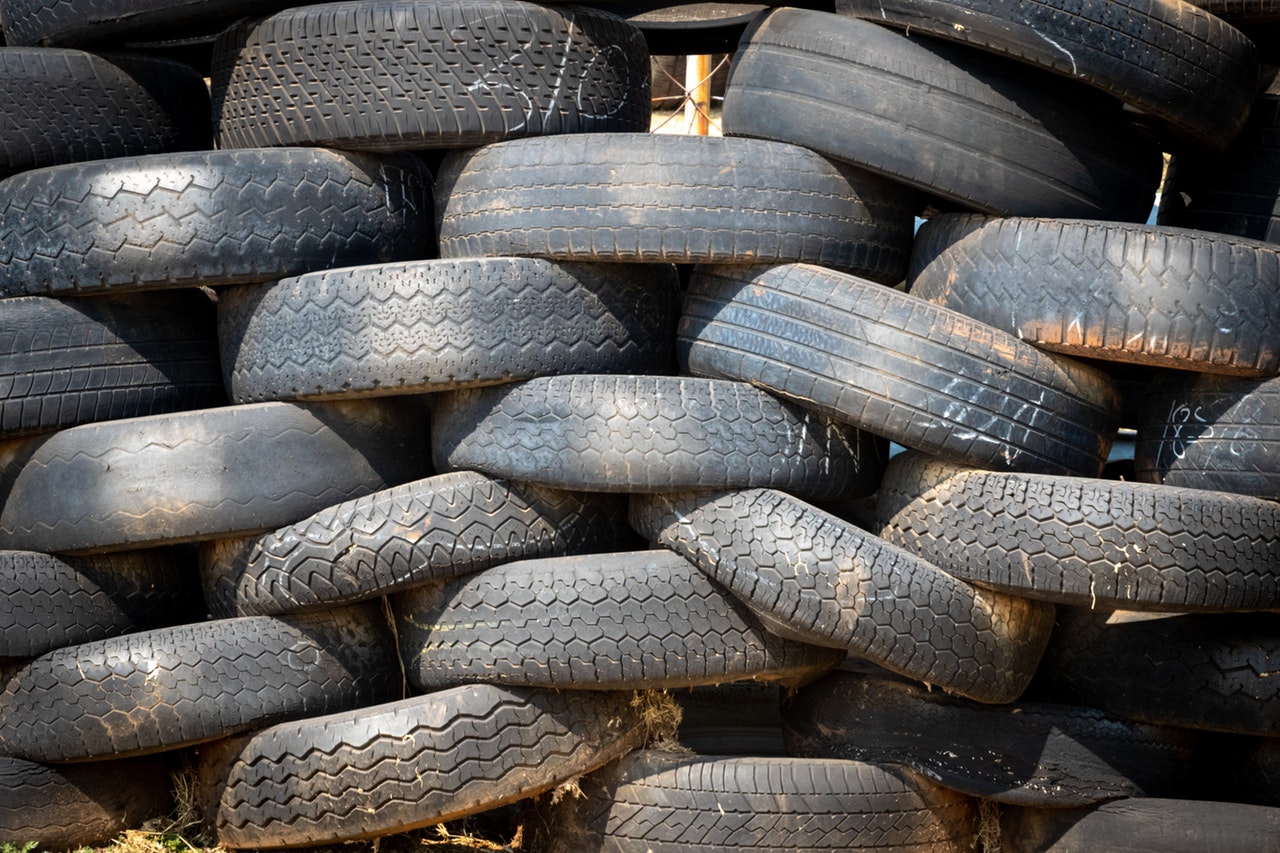Canada News
Nova Scotia gives Lafarge cement plant approval to burn tires as fuel

Under the plan, the province’s waste diversion agency is expected to shift a supply of about 280,000 tires annually to Lafarge. (Pexels Photo)
HALIFAX – A Nova Scotia cement plant has received provincial approval to burn massive numbers of tires as fuel in its kiln.
The Environment Department gave industrial approval Wednesday to the Lafarge plant in Brookfield, N.S., allowing it to conduct a one-year pilot project to incinerate tires.
In a short news release, the department says the company must monitor air quality at regular intervals when the kiln is operating and monitor groundwater and surface water in the area.
It says although industrial approvals are normally issued for 10 years, the shorter period allows the province to ensure that terms and conditions are being met and can be modified to ensure the environment and human health are protected.
Lafarge plans to burn about 20 tonnes of tires a day – as much as 5,200 tonnes a year – in place of fossil fuels such as coal and petcoke used to manufacture Portland cement, a basic ingredient of concrete.
Under the plan, the province’s waste diversion agency is expected to shift a supply of about 280,000 tires annually to Lafarge.
The Halifax-based Ecology Action Centre panned the province’s approval.
“Burning tires, rather than recycling them, will not reduce overall greenhouse gas emissions in Nova Scotia, will undermine recycling, and will pose an additional health hazard to local residents,” it said in a news release.
“In addition, taking tires away from the recycling industry and giving them to Lafarge to burn will result in a net loss of jobs and economic activity.”
In an emailed response, Lafarge Canada spokeswoman Karine Cousineau said the company was pleased with the decision and was looking forward to working with Dalhousie University researchers and the community to “assess the use of scrap tires as a circular economy solution.”
“Based on the work conducted so far by the research team, we expect to see a 15 per cent reduction in emissions of NOx (nitrogen oxides) and a 30 per cent CO2 (carbon dioxide) reduction for every tonne of coal replaced. Our pilot will allow us to show the benefits found through the Dalhousie University research in a real world, Nova Scotian context.”
The company says project construction is planned for the fall and winter with a startup scheduled for early spring.
A similar request by the company in 2007 was denied by the province after an advisory committee recommended recycling scrap tires rather than incinerating them.
The province’s approval Wednesday follows a court decision last March that dismissed a residents’ group’s bid for a judicial review.
Justice James Chipman of the provincial Supreme Court said the environment minister’s approval of the tire-burning project was reasonable.
He said the approval process involved the consideration and evaluation of risks, and that the minister was satisfied that any adverse effects or significant environmental affects could be adequately mitigated.
The court challenge was launched by five residents who live near the Colchester County cement plant. It claimed the Nova Scotia government’s approval of the project violated the province’s Environment Act.





















